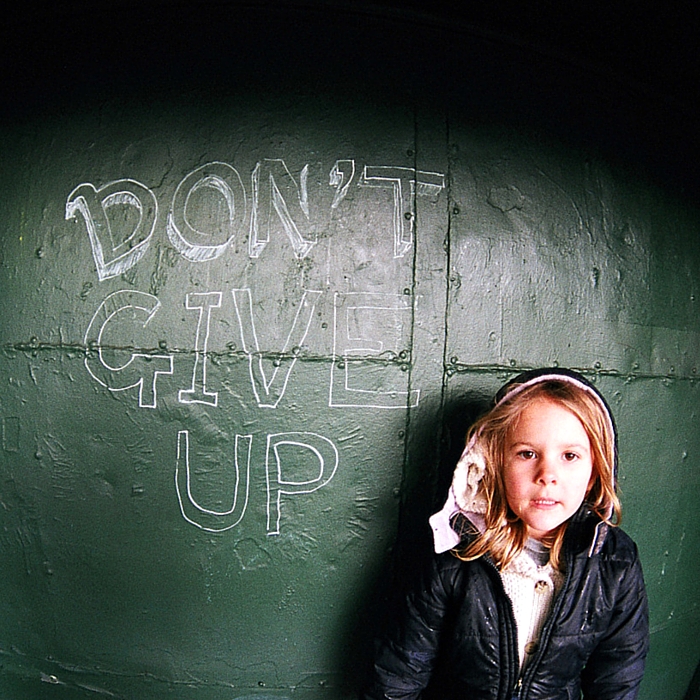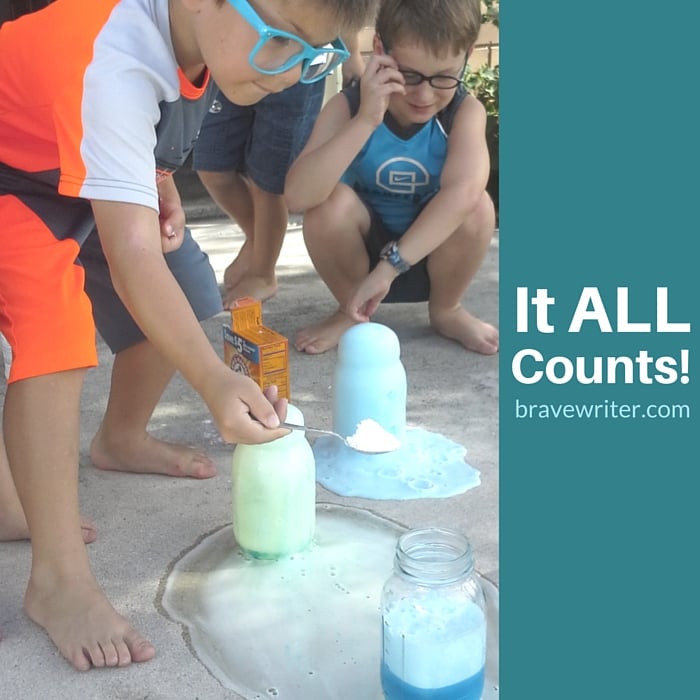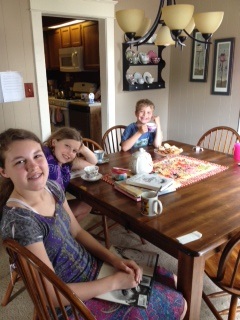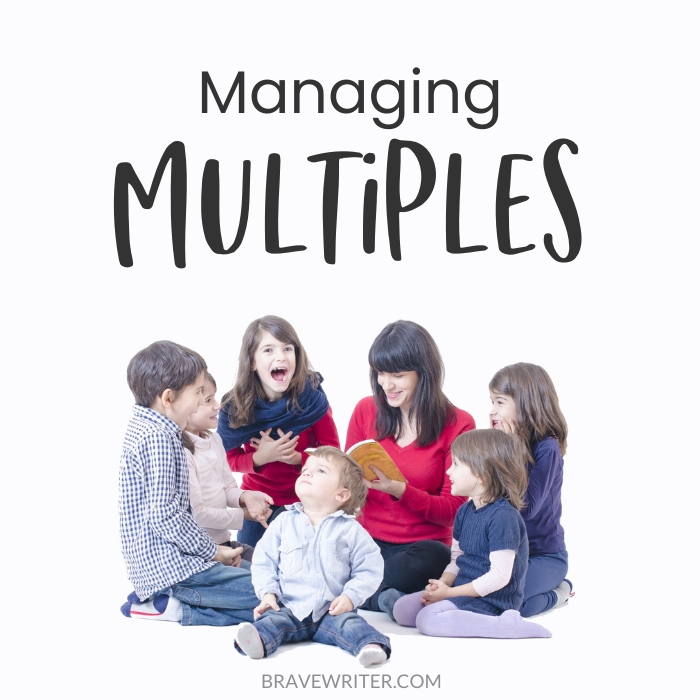
“Don’t give up.” What does that mean to you? Maybe describe a time when you didn’t give up (or you did!). Or are there situations where you think you or others should give up? Explain.
New to freewriting? Check out our online guide.
Image by Jonny Hughes (cc cropped, tinted)

























